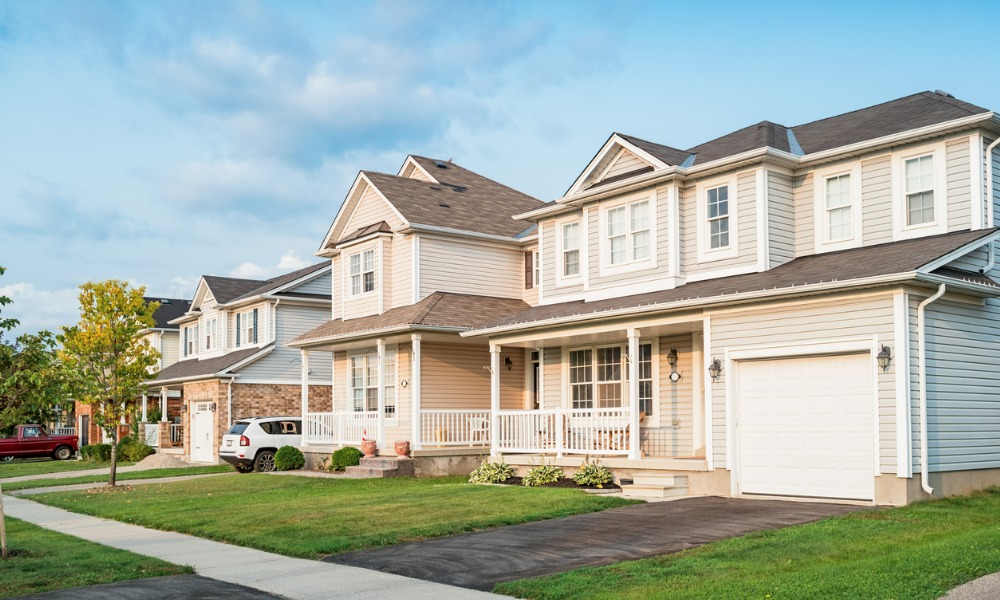
Successive policy periods of two insurers coincided with period when damage occurred to property

The Ontario Superior Court of Justice has ruled that, in a situation wherein the alleged property damage occurred across two consecutive policy periods of two insurers, both insurance companies had a duty to defend the insured in the underlying action.
In AIG Insurance Company v. Lloyd’s Underwriters, 2021 ONSC 5372, the Corporation of the City of Timmins ordered the plaintiff homeowners and their neighbours in the adjoining property to leave their homes and to refrain from staying there until the slope failure and erosion could be stabilized. The plaintiffs filed an action against the City alleging negligence, among other causes of action, for the failure to address the drainage issues and erosion risks on their property. The plaintiffs claimed $750,000 for the damage to their property occurring from April 2016 to December 2019.
Between April 2016 and December 2019, the applicant insurer and the respondent insurer provided the City with successive policies of public sector entity general liability insurance, with the applicant being on risk for 2016 and 2017 and with the respondent being on risk for 2018 and 2019. While the applicant agreed to defend the City in the underlying action, the respondent denied coverage under its functionally identical insurance policy.
In the present case, the applicant was seeking equitable contribution from the respondent toward the cost of defending the City in the underlying action. The respondent submitted that the alleged property damage that took place within the period of its policy was not caused by an “occurrence” such that it triggered coverage under its policy. In the alternative, even if there was an “occurrence,” the policy’s exclusion regarding “expected or intended” property damage would apply, the respondent argued.
The Superior Court of Justice of Ontario ruled that the respondent, which had a duty to defend the City in the underlying action, should reimburse the applicant for a 50-per-cent share of the incurred costs of approximately $60,000 and should contribute equally alongside the applicant to the ongoing costs for defending the City in the underlying action.
The court disagreed with the extent of the respondent’s reliance on a report by a geotechnical engineering firm that identified certain problems with the drainage on the plaintiff homeowners’ real property before they could construct their home there. The court found that the report was preliminary in nature, was not robust enough in its analysis and its conclusions and contained qualifying language, such that it could not fairly be considered the “crystallizing” event that would make any subsequent damage to the property “expected or intended” instead of accidental. Neither did the report achieve the “manifestation” which would make the manifestation theory in Alie v. Bertrand & Frere Construction Co. Ltd., 2002 CanLII 31835 (ON CA) applicable, the court added.
The court concluded that the evidence in this case met the test of a “mere possibility” which would trigger the respondent’s duty to defend. The court expected that the pending trial would address the evidence which showed that there were ongoing investigations and discussions of potential remediation of the properties, as well as tackle the issues arising from this evidence.
The court accepted that “intended” and “expected” were different alternatives with separate meanings, but found that the evidence, including the geotechnical engineering firm’s report, was not sufficient to characterize the alleged damage as “expected” or “intended,” rather than accidental.